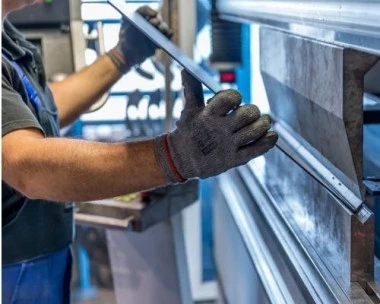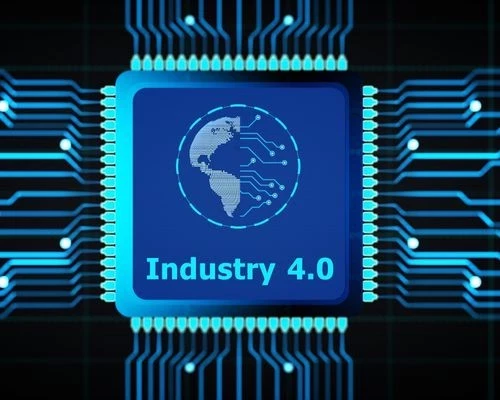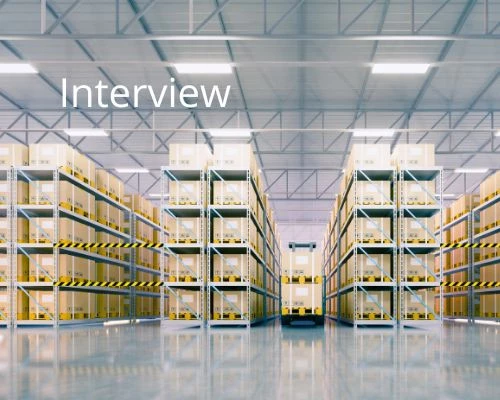Why Digital Transformation Requires a Cultural Transformation
Add bookmark
Companies looking for the next level of operational improvement often turn to technology. But technology alone will not produce a step change in performance. That’s because digital transformation has to be underpinned by changes to behaviors and organizational culture, says Jose Pires, Founder and CEO of advisory firm Global Excellence & Innovation.
“Sometimes we’re trying to operate the old way with new platforms,” he says. “We need to adapt our ways of working to these new platforms to get to the next level of engagement, collaboration, and productivity.”
In this interview, Pires discusses how we need to move beyond “connected workers” to “collaborative workers,” why cultural transformation underpins digital transformation success, and what it takes to get to move beyond mediocrity to the next level of performance.
Diana Davis, IX Network: Why do you think there's so much interest in Connected Worker technology and digital transformation right now?
Jose Pires: We were forcibly separated from each other in the pandemic. Technology helped us stay connected during a time of incredible change and disruption.
The pandemic sparked a tremendous acceleration and innovation of technology on culture, business, and digital transformation.
I think we realized that we could increase the level of connection that we have with the technological capabilities of today. Imagine what the impact of the pandemic would have been on personal and professional relationships if we didn’t have the means of communicating and connecting like we do today.
Diana Davis, IX Network: What kind of benefits can companies expect to see from a Connected Worker strategy?
Jose Pires: I think before the pandemic, there was greater resistance to adopting these technologies because you had to modify the way you do things and people didn’t understand the capabilities that these technologies bring. When the pandemic hit, the immediate benefit was business continuity. You continued to have the ability to operate and do most of the things you were doing before.
But that immediate business need has led to a change in how companies see these technologies.



























